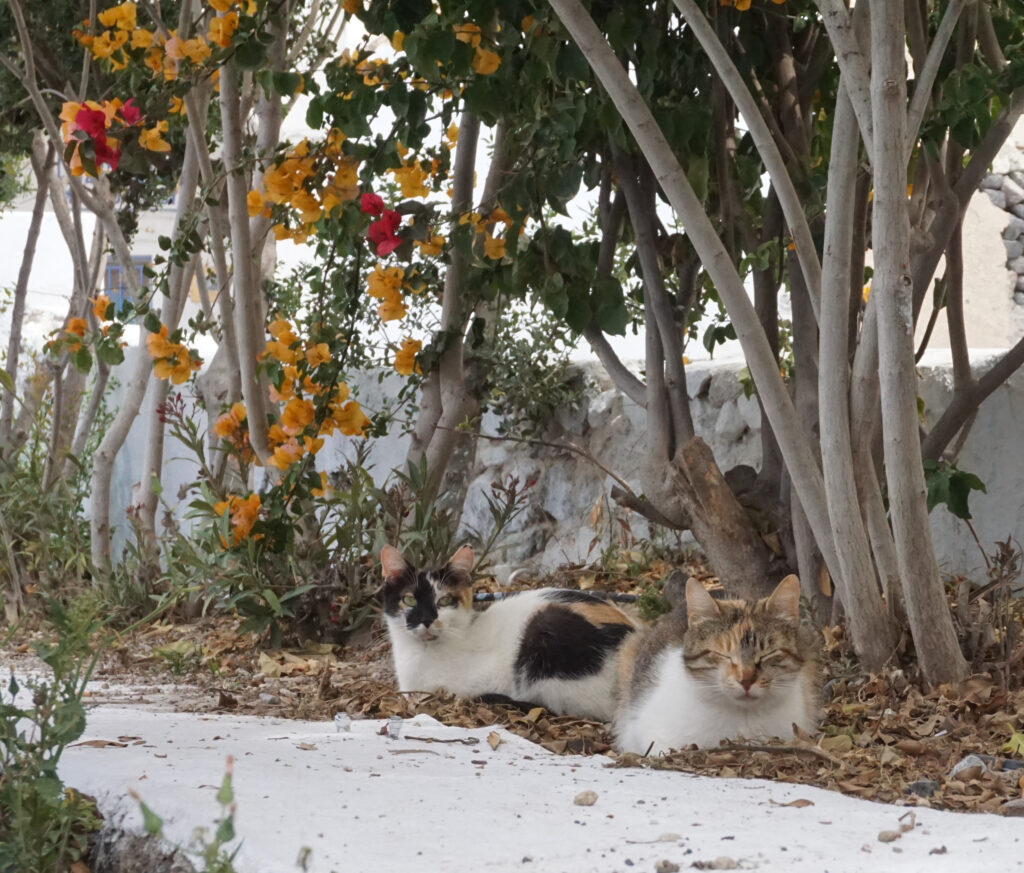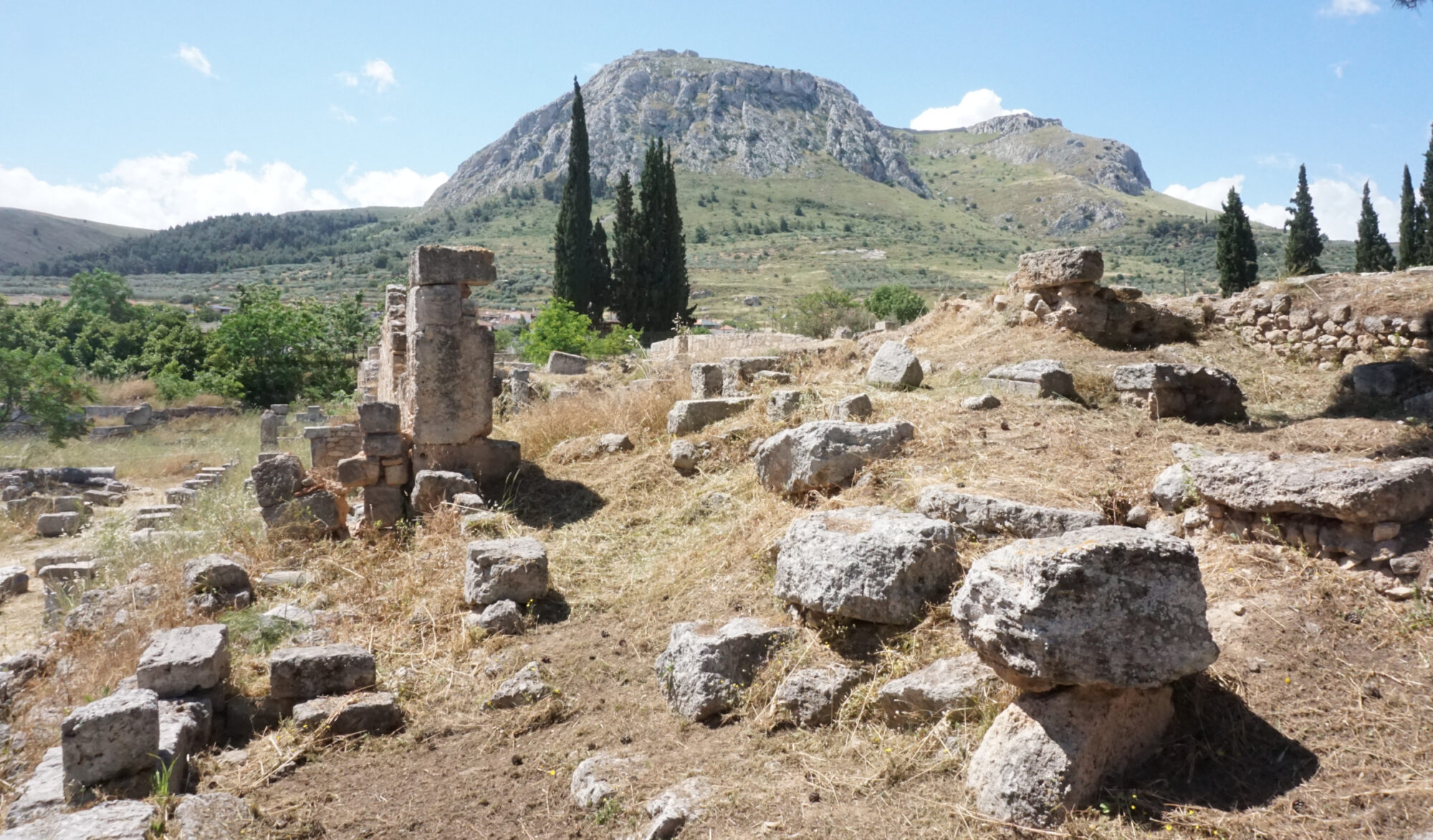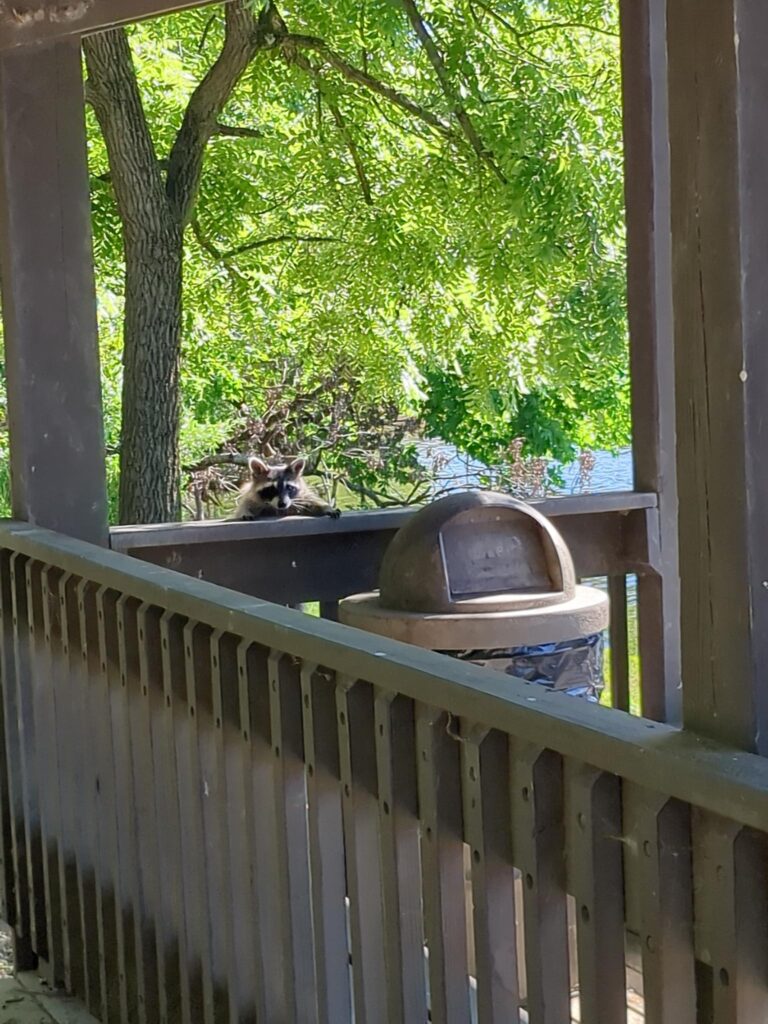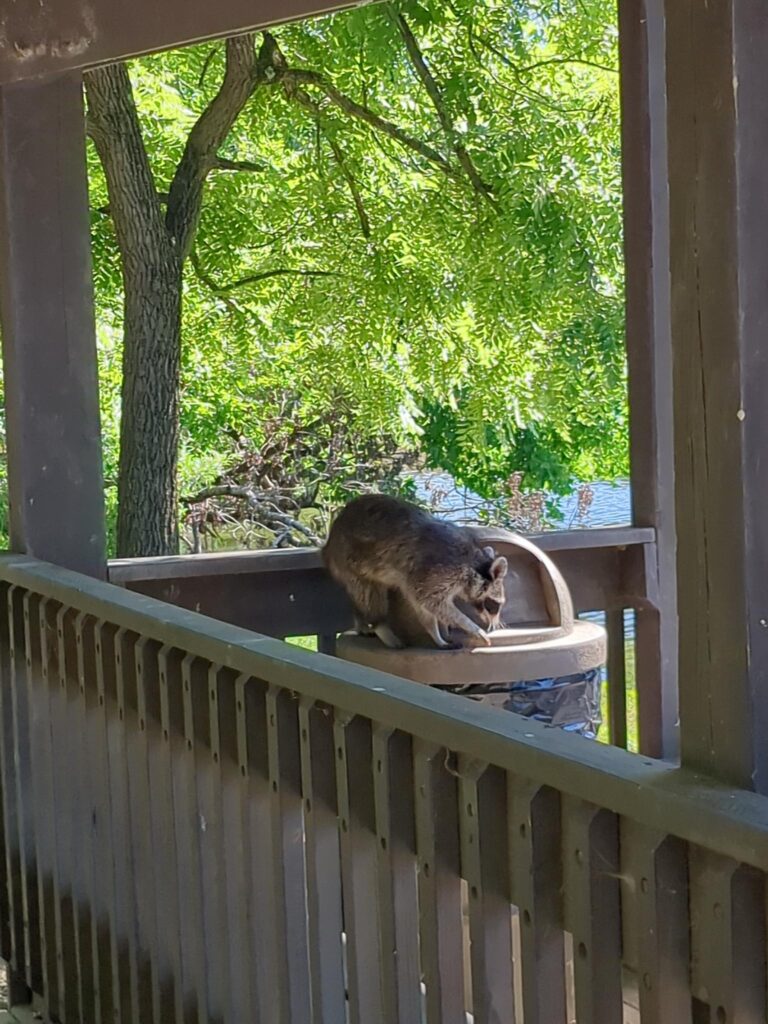
Luke 5:16 (ESV)—But he would withdraw to desolate places and pray.
“I’m going on a solo adventure,” I announced to my husband in our hotel room on Santorini. Not a full one-person vacation but a stretch of time alone in Megalochori before we attended a wedding—where there were people and my anxiety wanted to make an appearance.
With a goodbye kiss to my husband, I strapped my camera around my neck and invited the Holy Spirit into my walk. God met my need for peace and calm with the quiet morning hour. I passed tavernas not yet open for the day, saying hello to the Greek matriarch sitting in a chair outside a restaurant. I explored the nooks and crannies of white-washed homes and businesses, beckoning Santorini’s cat population to pose for photos.
Retreats like this in our day-to-day provide rest to our spirits. Jesus, too, restored his spirit through quiet time with God. He retreated from the hustle and bustle of the crowds who expected healing. Without such rest, the human side of him would have experienced exhaustion, mentally, physically, spiritually, and/or emotionally.
Like Jesus, we can better be present for others when we’re present for ourselves. Caring for ourselves honors God because he created us with a spirit of power, love, and a sound mind (2 Timothy 1:7). He made us to steward his creation, not to fall over from fatigue—the fall did that.
Our lives are busy, true. Things to do, people to see. Yet to carve out a time to walk and pray during a quiet time of day, meditate on a section of the Bible, write a list of things we’re thankful for, or do another practice can provide us the rest we need to serve others better in Christ’s name.



